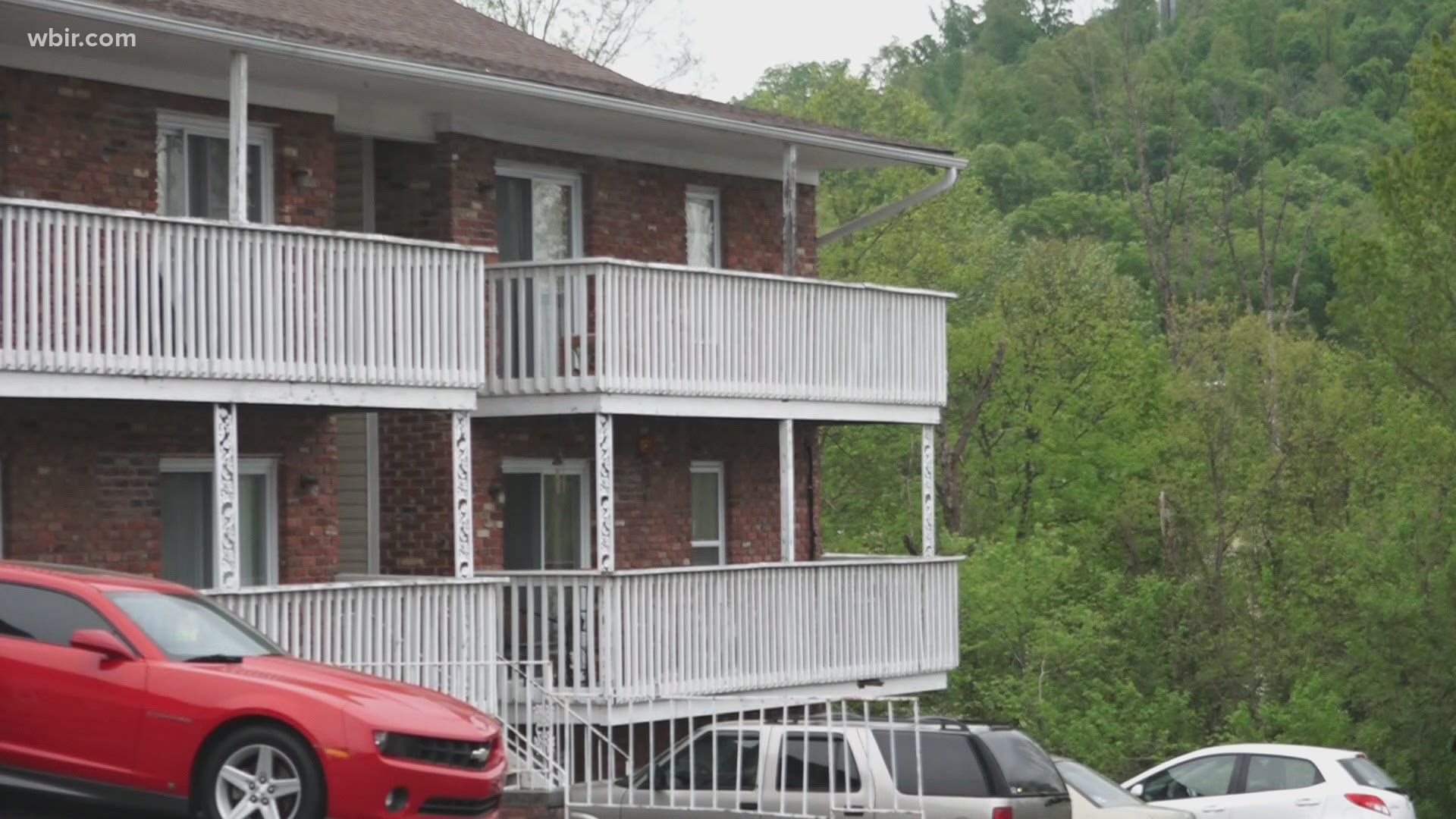When the Centers for Disease Control and Prevention announced a ban on evictions during the pandemic, John McCay thought his business was done for.
As the chief property manager for some 300 apartments and homes across Knox County, he worried people would stop paying rent if they didn't have to.
The tenants in most of his units worked in retail or food service and lost income because of pandemic shutdowns, McCay said.
"At that point, I was very worried. Because if even half our people stopped paying rent than we couldn’t play our employees, we couldn’t pay our maintenance crew, we couldn’t pay our mortgage and we couldn’t pay our taxes and we’d lose everything," he said.
Instead, he said almost all his renters upheld their leases—even though they didn't have to.
"They brought what they could even though they were short and they were doing without," he said. "Even though we were helpless, we were sitting ducks, our people our tenants came through for us and I’m really grateful."
Looking back at data from the height of the pandemic, property manager and owner of The Real Estate Firm Dagan Greene said 90% of his renters paid their bills.
"I think that's a testament to people being in a position when they could, as hard as it was, being able to make those payments," he said.
But now a new crisis looms. When the CDC's ban ends June 30, people who owe back rent could get kicked out.
"No one wants to see a lot of evictions happen, that's not good for anyone," Greene said.
Green and McCay want to connect tenants with assistance programs, after renters pinched pennies and paid their bills.
"They did the honest and honorable thing and that let us survive," McCay said.


